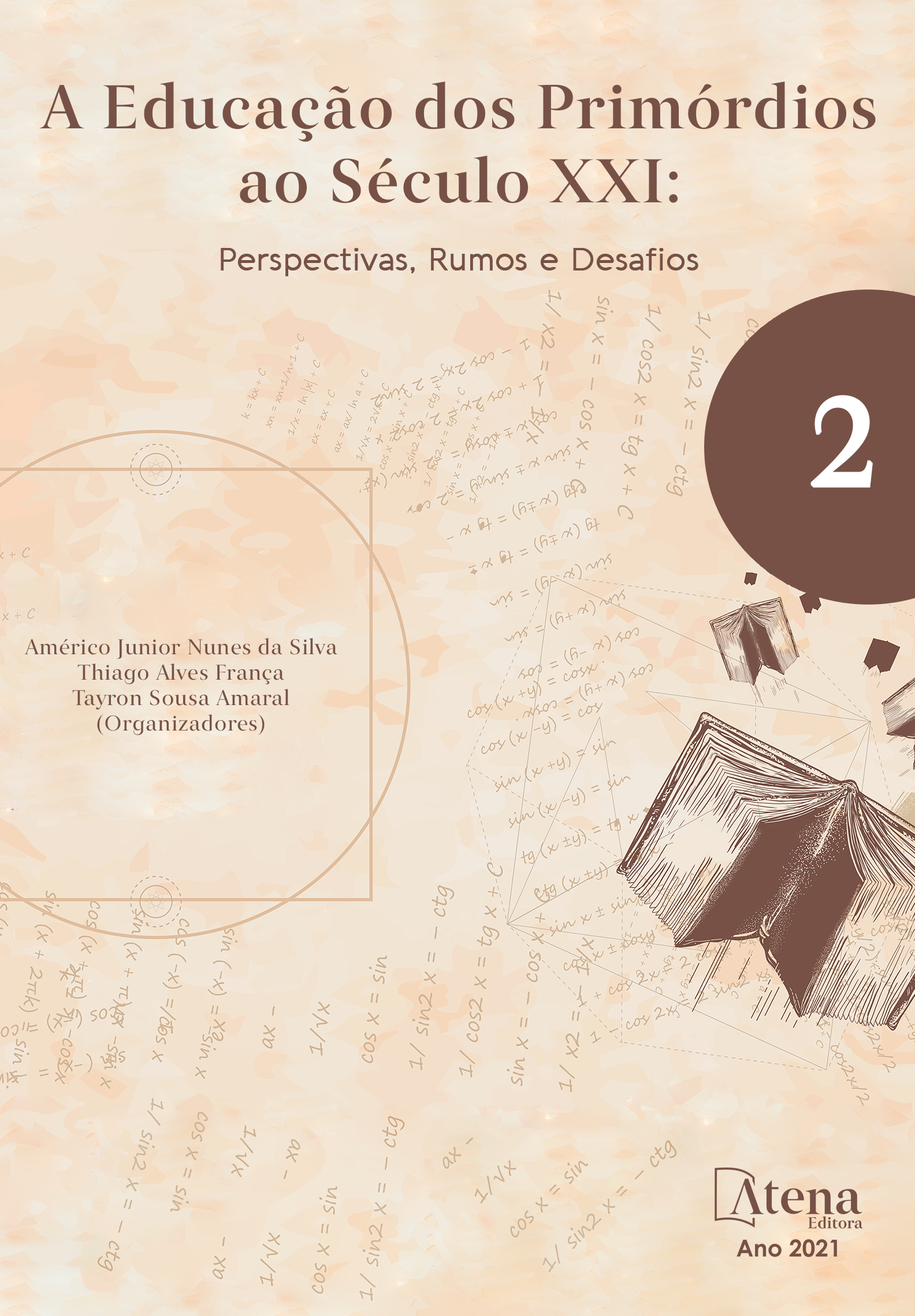
PROJETOS INTEGRADORES: PRÁXIS NO ENSINO E APRENDIZAGEM NOS CURSOS TÉCNICOS EM ADMINISTRAÇÃO DO INSITITUTO FEDERAL BAIANO
Na formação pelo ensino técnico e tecnológico, faz-se necessário uma maior aproximação e experimentação da prática no mundo do trabalho. Ao considerar quesitos presentes na metodologia de ensino aprendizagem, dois aspectos são relevantes neste processo, o aprender fazer (nível tático e operacional) e não perder de vista o incentivo para o desenvolvimento de uma visão empreendedora (nível estratégico), de maneira que o aluno possa se inserir em diferentes papeis, na prática, entorno de todas as possibilidades que o caráter multidisciplinar desta área de formação permite. Os componentes curriculares que integram as áreas de conhecimento de cursos técnicos podem ser tratados como disciplinas, ou como unidades de estudos, módulos, atividades, práticas e projetos contextualizados e interdisciplinares ou diversamente articuladores de saberes, desenvolvimento transversal de temas ou outras formas de organização (BRASIL, 2012). Nesta perspectiva, o estudo apresenta a prática educativa interdisciplinar dos Projetos Integradores do Curso Técnico em Administração do Instituto Federal de Educação, Ciência e Tecnologia Baiano - Campus Teixeira de Freitas, enquanto componente da matriz curricular. Este trabalho trata-se do resultado de um estudo de caráter exploratório, pesquisa qualitativa e participante, por meio de uma experiência acompanhando a primeira turma deste curso, na modalidade integrada, que buscou aplicar, de forma contextualizada e participativa, os conteúdos trabalhados durante os períodos do curso, bem como a construção interdisciplinar do conhecimento, resultando no desenvolvimento, sobretudo, da autonomia do estudante, suas afinidades e maneiras de relacionar, bem como a visão da realidade no meio empresarial nos diversos setores da economia e categorias de empresas, o que permitiu, a prática e a práxis educativa possibilitando um modelo de ensino a ser adotado por outras instituições de ensino.
PROJETOS INTEGRADORES: PRÁXIS NO ENSINO E APRENDIZAGEM NOS CURSOS TÉCNICOS EM ADMINISTRAÇÃO DO INSITITUTO FEDERAL BAIANO
-
DOI: 10.22533/at.ed.51921040318
-
Palavras-chave: Ensino Técnico; Projetos Integradores; Empreendedorismo
-
Keywords: Technical education; Integrator Project; Entrepreneurship
-
Abstract:
In training through technical and technological education, it is necessary to approach and experiment the practice of the world of work. When considering issues in the teaching-learning methodology, two aspects are relevant in this process: learning to do (tactical and operational level) and not losing sight the incentive to an entrepreneurial vision development (strategic level), so the student can be inserted in different roles, in practice, around all the possibilities that the multidisciplinary character of this training area allows. The curriculum components that integrate the knowledge areas of technical courses can be treated as disciplines, or as units of studies, modules, activities, contextualized and interdisciplinary projects and practices or articulating knowledge, transversal development of themes or other forms of organization (BRAZIL, 2012). In this perspective, the study presents the interdisciplinary educational practice of the Integrating Projects of the Administration Technical Course of Instituto Federal de Educação, Ciência e Tecnologia Baiano - Campus Teixeira de Freitas, as a component of the curriculum matrix. This work is the result of an exploratory study, qualitative and participatory research, through an experience accompanying the first class of this course, in the integrated modality, which sought to apply, in a contextualized and participatory way, the contents worked during periods of the course, as well as the interdisciplinary construction of knowledge, resulting in the development, above all, of the student's autonomy, their affinities and ways of relating, as well as the vision of reality in the business environment in the various sectors of the economy and categories of companies, which allowed the practice and educational praxis, enabling a teaching model that can be adopted by other educational institutions.
-
Número de páginas: 10
- Francisco José Oliveira Andrade
- Etiene Santiago Carneiro
- Ana Cecília Oliveira Teixeira
- João Rodrigues Pinto
- patricia ferreira coimbra pimentel


